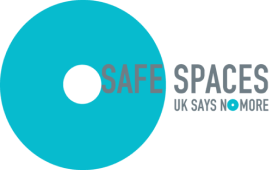Sleep hygiene
The Royal College of Psychiatrists advises that adults need about 8 hours sleep each night to function best.
Build your own bedtime routine
- Try to have a cut off time of 9pm for looking at your phone or other devices and try not to have them in the bedroom
- Start to wind down an hour before sleeping with relaxing activities like reading or a bath and a hot milky drink or chamomile tea
- Keep your bedroom dark and cool and free of clutter
- Invest in a good quality mattress and pillows
- Get up at the same time every day, whether you still feel tired or not
Deal with worrying thoughts
- Worrying whether you will sleep and trying too hard to drop off, will often wake you up
- Try writing down anything that is worrying you or that you have to remember to do
- Remind yourself that you do your problem solving during the day when your mind is at peak performance, not in bed at night
- Exercise during the day to relieve stress
Tips for insomniacs
- Try simple mindfulness exercises – focus on the breath or the feel of the duvet on your feet
- Try the 4-7-8 breath technique – inhale for 4, hold for 7 and exhale for 8 seconds
- Talk to someone about problems currently on your mind or write a journal
- Don’t go to bed too early because you get most of your deep sleep in the first part of the night and you are more likely to wake up after that
- If you are agitated, get up after about 15 minutes and do something relaxing in another room in dimmed light for 15 minutes
- Give yourself permission to just rest rather than sleep
- Seek treatment if you experience sleep problems for a long time – CBT is the recommended treatment for insomnia and www.sleepio.com is a useful online therapy programme



